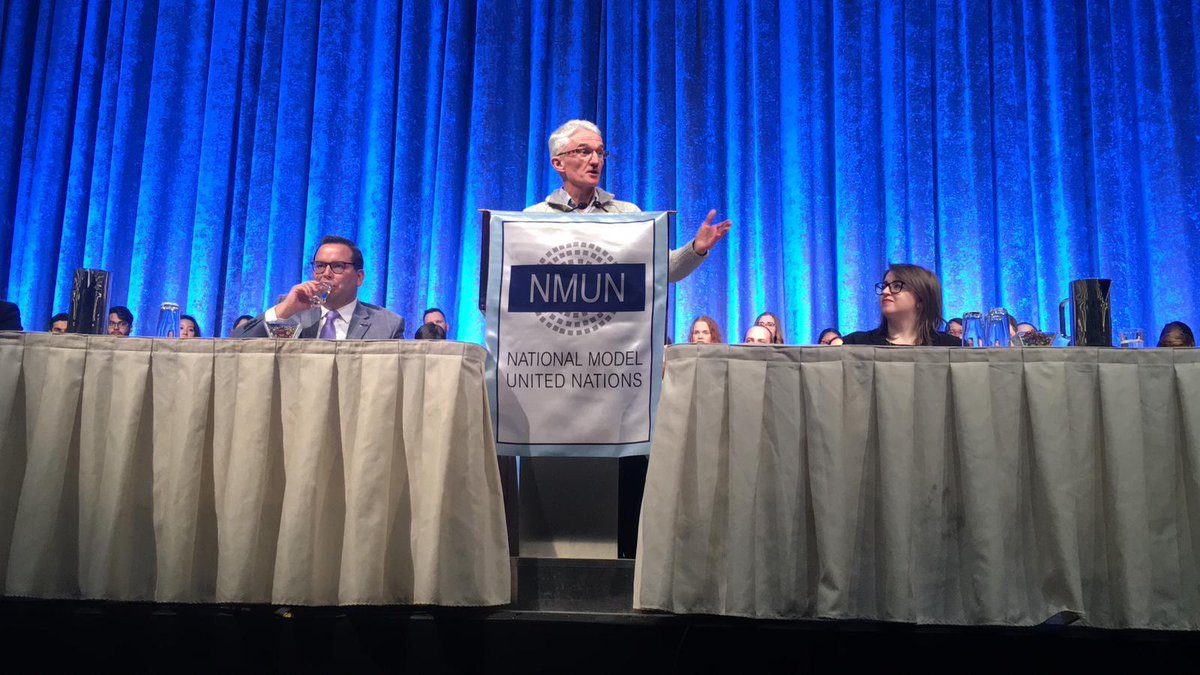
The U.N. humanitarian chief said Monday there has been “no progress” in dealing with the reasons why more than 700,000 Rohingya Muslims fled to Bangladesh from western Myanmar’s Rakhine state.
Mark Lowcock, who just returned from a visit to Bangladesh, said Myanmar has failed “to put in place confidence-building measures that would persuade people it’s safe to go back.”
He said all the refugees he spoke to didn’t think it was safe to return, and want to be assured of things like freedom of movement and access to education, jobs and services.
Buddhist-majority Myanmar has long considered the Rohingya to be “Bengalis” from Bangladesh even though their families have lived in the country for generations. Nearly all have been denied citizenship since 1982, effectively rendering them stateless, and they are also denied freedom of movement and other basic rights.
The latest crisis began with attacks by an underground Rohingya insurgent group on Myanmar security personnel in August 2017 in northern Rakhine. Myanmar’s military responded with a brutal campaign and is accused of mass rape, killings and the burning of thousands of homes that critics have described as ethnic cleansing, or even genocide.
Lowcock told a small group of reporters he is “extremely worried” that the U.N. appeal for $962 million to provide for the Rohingya refugees and their host communities in Bangladesh this year is only 17% funded.
“I think the world may be losing interest,” he said. “Last year, we got 70% what we asked for. We’re running way behind.”
He warned that “if we don’t get financed, the consequences will be serious” for the provision of such things as food rations and health services.
Lowcock visited Bangladesh with U.N. refugee chief Filippo Grandi and Antonio Vitorino, head of the International Office for Migration. In a joint statement, they stressed the need to sustain support for the Rohingya refugees and to keep working for “safe and sustainable solutions” so they can return home.
They noted that almost half the 540,000 refugee children under age 12 are missing out on education and the rest are only getting very limited schooling.
“I think the world ought to worry about what this very large group of people will be like in 10 years’ time if they don’t get an opportunity to access education and a chance to develop a livelihood and have a normal life,” Lowcock told reporters.
While the best solution would be for the refugees to return home, he said, “in any event it’s a bad idea to run the risk of a very aggrieved, disaffected large group of young people, especially young men.”
Lowcock said Bangladesh’s government expressed concern to the three U.N. officials during the trip about criminal activity among refugees in the Cox’s Bazaar area.
“There are well-known concerns about the drugs industry trying to use populations in Cox’s Bazaar to support their malign activities,” Lowcock said, adding that there are also concerns about possible radicalization of refugees.